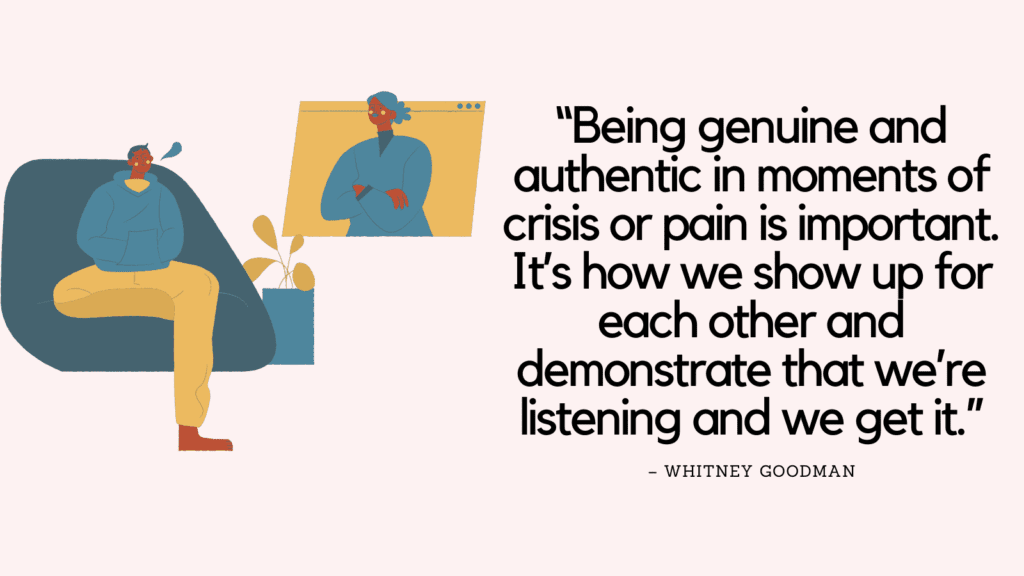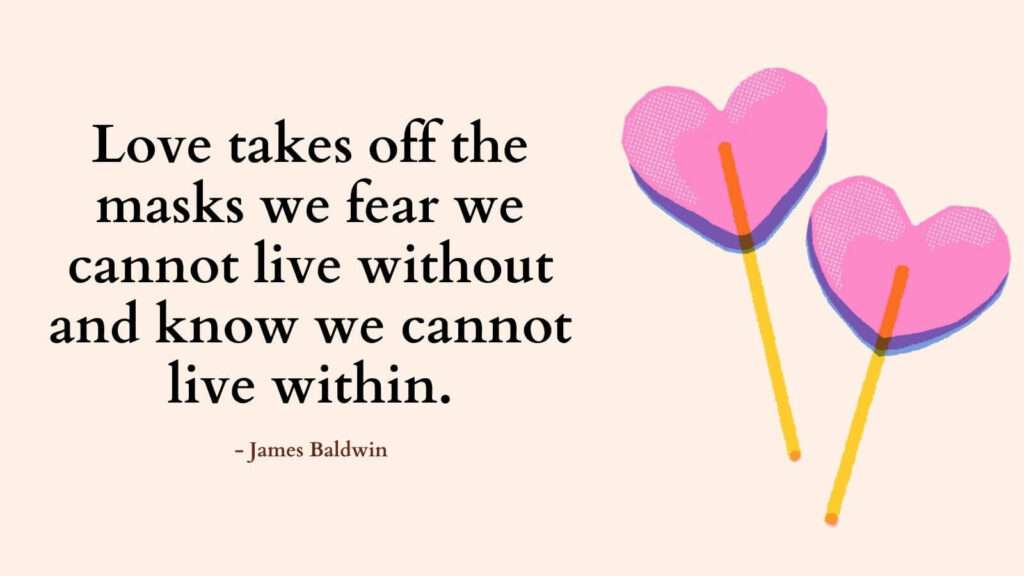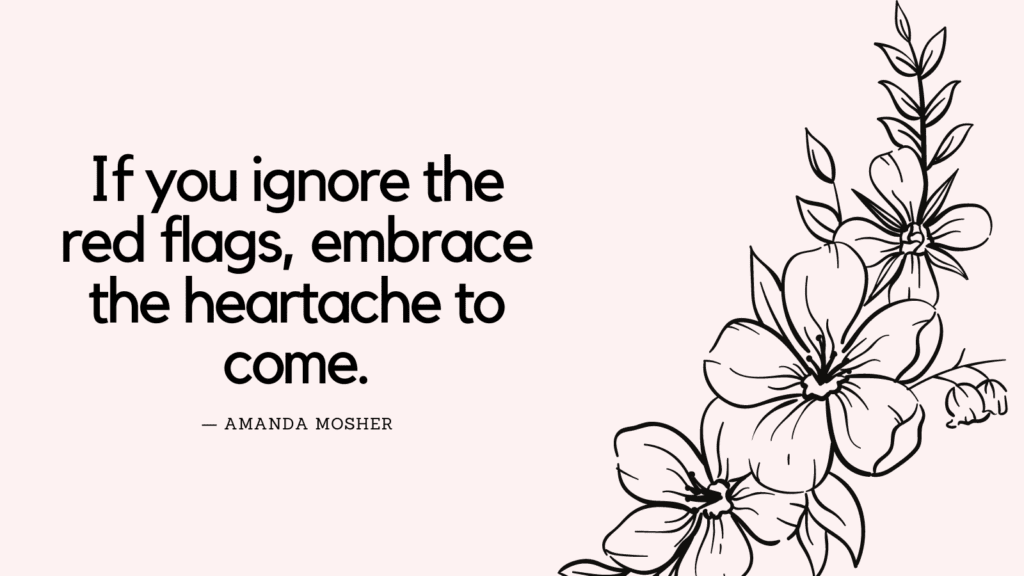This post contains some of the best deep listening quotes.
Deep Listening Quotes
1. “As a therapist, I am trained to listen compassionately and help people. I still get it wrong.” – Whitney Goodman
2. “Attentive and responsive caregivers set you up to have a secure attachment style, which is characterized by an ability to listen empathetically and thus, form functional, meaningful, and mutually supportive relationships.” – Kate Murphy
3. “Being an effective support person really comes down to listening,” – Whitney Goodman
4. “Being genuine and authentic in moments of crisis or pain is important. It’s how we show up for each other and demonstrate that we’re listening and we get it.” – Whitney Goodman
5. “The best listeners focus their attention and recruit other senses to the effort. Their brains work hard to process all that incoming information and find meaning, which opens the door to creativity, empathy, insight, and knowledge. Understanding is the goal of listening, and it takes effort.” – Kate Murphy
Related: Feeling Invisible? 3 Steps To Stop Feeling Invisible and Be Seen
6. “The more you’re able to listen to and understand the needs of another person, the more likely you will be able to assist them in a way that is most helpful for them.” – Whitney Goodman
7. “Thinking you already know how a conversation will go down kills curiosity and subverts listening, as does anxiety about the interaction.” – Kate Murphy
8. “To listen is to be interested, and the result is more interesting conversations.” – Kate Murphy
9. “To really listen is to be moved physically, chemically, emotionally, and intellectually by another person’s narrative.” – Kate Murphy
10. “Truly listening to someone is a skill many seem to have forgotten or perhaps never learned in the first place.” – Kate Murphy
11. “Try to admit this to yourself: I am going to get it wrong sometimes. I’m not always going to know the best way to help or support someone and that’s OK. I’m going to keep trying, asking questions, and listening. I will try to refrain from getting defensive and instead try to understand.” – Whitney Goodman
Related: How To Heal Abandonment Issues? Top 15 Powerful Strategies For Fear of Abandonment Healing
12. “Validating involves making space to listen and understand how you or someone else feels in their unique experience. It’s allowing yourself to understand that your experience and their experience can be true at the same time.” – Whitney Goodman
13. “We may love to complain, but listening to a lot of complaining can also become challenging.” – Whitney Goodman
14. “When you listen and really “get” what another person is saying, your brain waves and those of the speaker are literally in sync.” – Kate Murphy
15. “While you might take listening for granted, how well you listen, to whom, and under what circumstances determines your life’s course—for good or ill.” – Kate Murphy
16. “Listening is how we stay connected to one another as the pages turn in our lives.” – Kate Murphy
17. “But no matter how well we try to listen, or how close we feel to another person, it’s important to remember we can never really know another person’s mind.” – Kate Murphy
Related: Do’s And Don’ts Of Effective Communication
18. “By listening, you might find comfort in shared values and similar experiences, but you’ll also find many points where you diverge, and it’s by acknowledging and accepting those differences that you learn and develop understanding.” – Kate Murphy
19. “Listening is how you discover the person behind the “face” (or Facebook profile). It allows you to get beyond the superficial signaling and learn more about who the person really is—their simple pleasures and what keeps them up at night.” – Kate Murphy
20. “By inquiring and listening, you show you are interested in the people you meet as well as demonstrate to those you care about that they retain your interest and concern as they inevitably evolve and change.” – Kate Murphy
21. ““Staying in touch” or “keeping up” with someone is nothing more than listening to what’s on that person’s mind—the frequency with which you check in determining the strength and longevity of the relationship.” – Kate Murphy
Related: How To Validate Someone’s Feelings Without Agreeing? (+Examples of Validating Statements)




